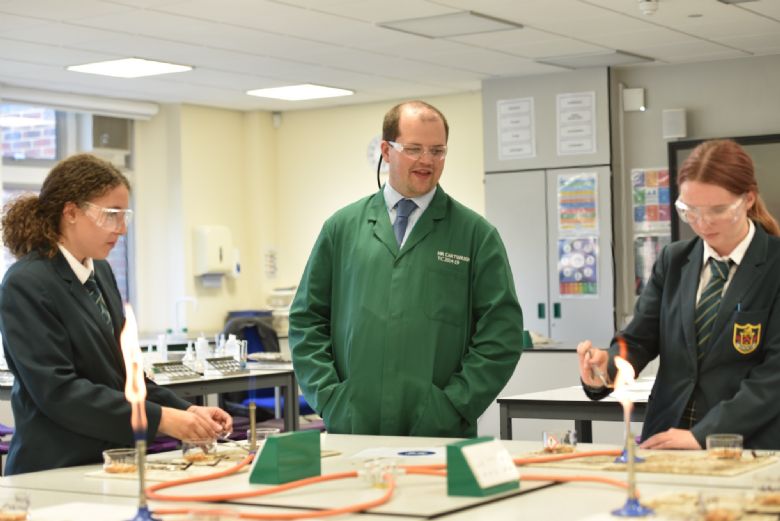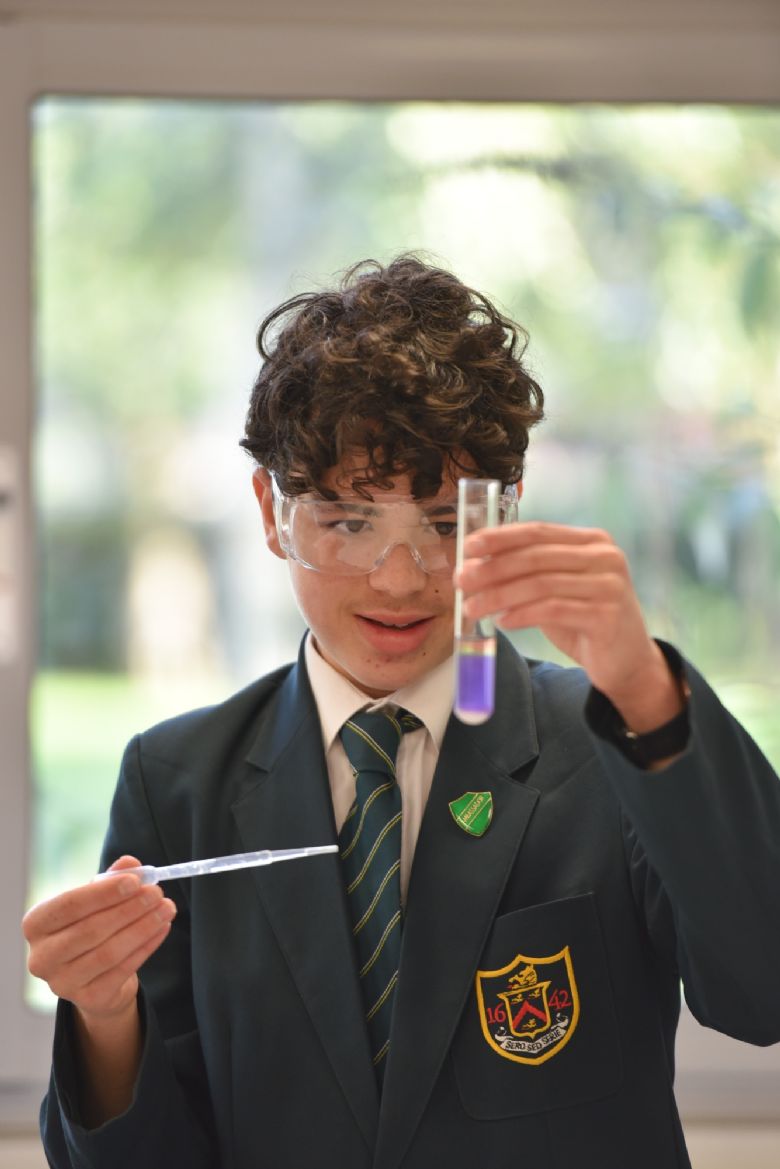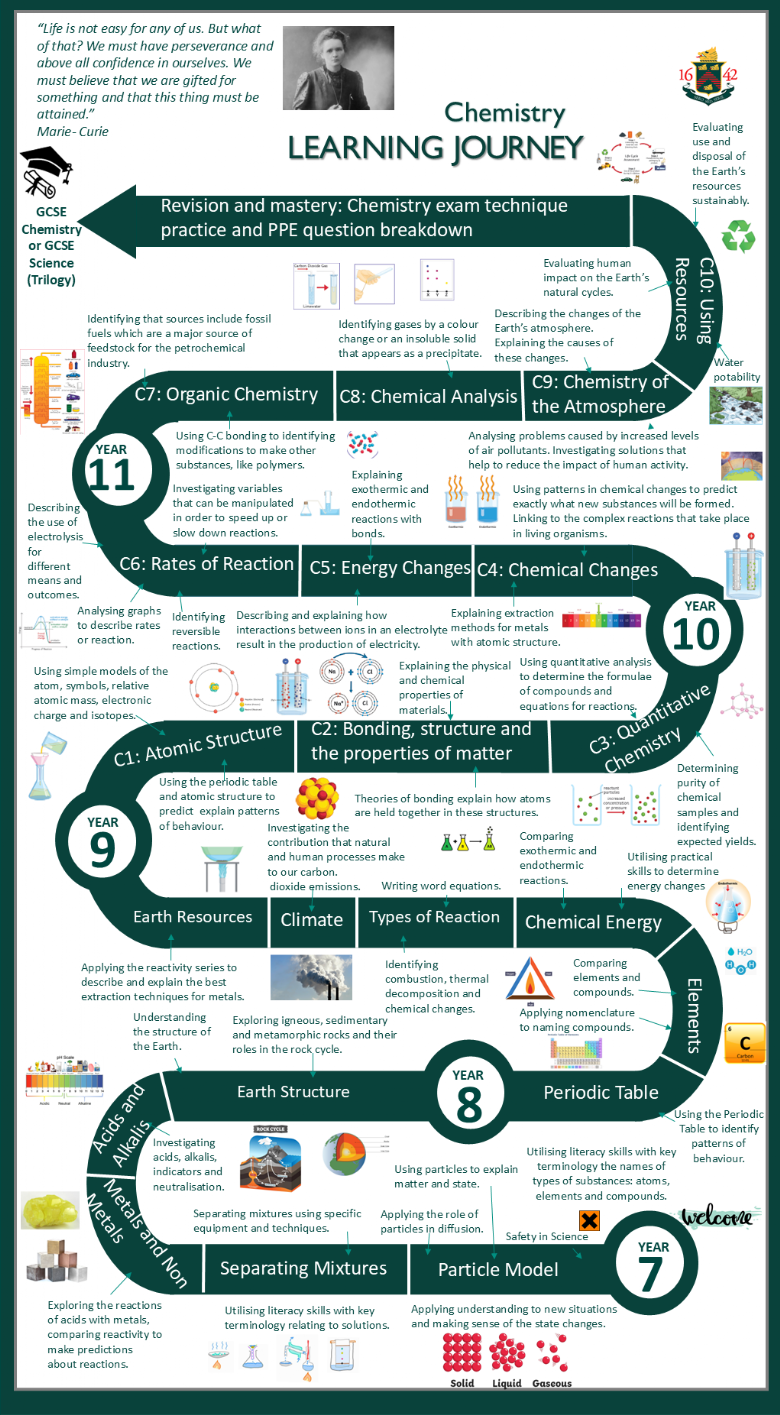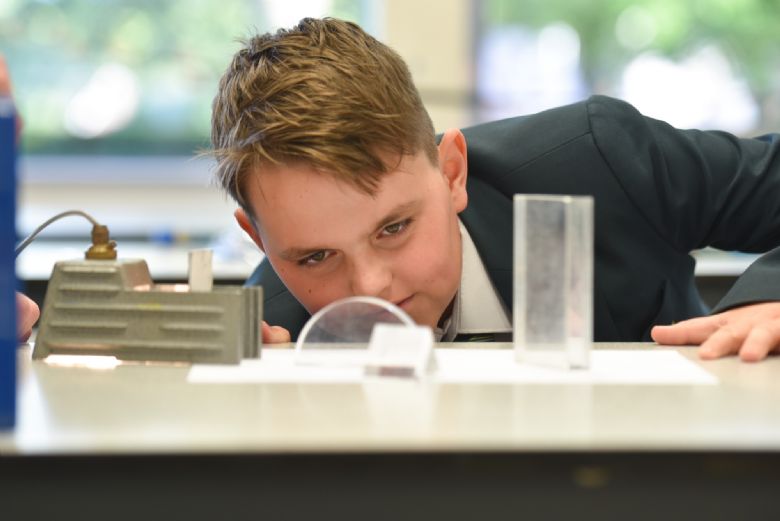Welcome to the Science Department
|
|
|
|
|
|
|
What is Science, and why is it important?
Science is one of the oldest and most important academic disciplines and covers a wide variety of subjects. It is also one of the fundamental parts of the term STEM, used to refer to science, technology, engineering and mathematics.
In many countries around the world, the matter of how to promote STEM subjects is a hot topic. This is particularly true of the sciences, which can lead to many great degree options for students.
So why study Science? And why is getting more students interested in studying science at university so important?
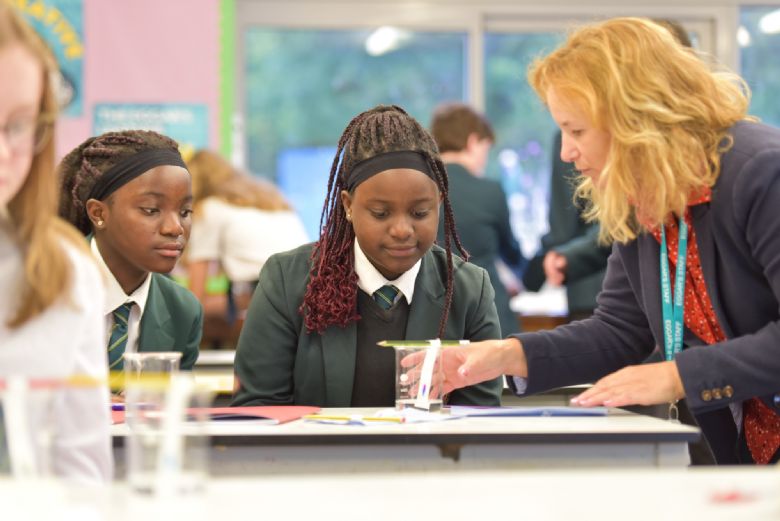
Firstly, science helps our understanding of the world around us. Everything we know about the universe, from how trees reproduce to what an atom is made up of, is the result of scientific research and experiment. The study of science helps engender and promote curiosity about the planet and Universe we inhabit. We want to help young people gain the confidence to ask more questions about the World and society they are part of. We want them to be able to consider the challenges that human society faces, and has caused, and to have the confidence to propose and act with purpose to solve them. We want young people to feel empowered to challenge ‘the way things have always been done’ and to chart a more sustainable path for the future.
Human progress throughout history has largely rested on advances in science. From our knowledge of gravity to cutting-edge medicines, students of Science have shaped our modern world. Science is seen as a tool of social mobility; a better understanding of the World we live in helps us make more informed decisions and choices.
A high-quality science education provides the foundations for understanding the world through the specific disciplines of biology, chemistry and physics. Science has changed our lives and is vital to the world’s future prosperity, and all students should be taught essential aspects of the knowledge, methods, processes and uses of science. Through building up a body of key foundational knowledge and concepts, students should be encouraged to recognise the power of rational explanation and develop a sense of excitement and curiosity about natural phenomena. They should be encouraged to understand how science can be used to explain what is occurring, predict how things will behave, and analyse causes.
What do students learn in Science?
Science is a discipline that comprises a sequence of big ideas coupled with a set of experimental and investigative skills. We intend for pupils to gain a greater understanding of the interactions and intricacies that exist in the Universe and how they can begin to develop and an understanding that continues to support their thinking and choices into and throughout adult life. The KS3 and GCSE curriculum is based on a broad set of ideas that we refine and develop into greater detail as we work through Secondary School.
We also place a great emphasis on helping students develop experimental and investigative approaches to learning. We intend for practical work to help students develop enquiry, planning and investigative skills, coupled with the skills of observation and communication, verbal and written. Opportunities for enquiry-based learning are planned into the curriculum, usually starting with a Big Question that students will need to investigate. Problem-solving and planning are key skills for adult life.
The key themes are outlined below: -
|
Biology |
Chemistry |
Physics |
Working Scientifically |
The skeletal and muscular systems |
The particulate nature of matter |
Energy |
Analysis and evaluation |
Health |
Energetics |
Changes in systems |
Measurement |
Cellular respiration |
Atoms, elements and compounds |
Motion and forces |
Scientific attitudes |
Cells and organisation |
Earth and atmosphere |
Pressure in fluids |
Experimental skills and investigations |
Gas exchange systems |
Chemical reactions |
Energy changes and transfers |
|
Photosynthesis |
Materials |
Forces |
|
Genetics and evolution |
The Periodic Table |
Waves |
|
Interactions and interdependencies |
Matter |
Electricity and electromagnetism |
|
Nutrition and digestion |
Energy in matter |
Magnetism |
|
Material cycles and energy |
|
Particle model |
|
Inheritance, chromosomes, DNA and genes |
|
Sound waves |
|
|
|
|
Current electricity |
|
|
|
|
Balanced forces |
|
|
|
|
Light waves |
|
|
|
|
Physical changes |
|
|
|
|
Static electricity |
|
|
|
|
Space physics |
|
Challenge and support in Science
Lessons and learning sequences are planned to challenge students to think. We place great emphasis on ensuring students have the time to think about and construct their ideas to communicate them effectively. Learning science can be ‘messy’ and we encourage students to recognise that arriving at the perfect answer is a ‘holy-grail’ moment. Instead, we encourage students to think deeper, make mistakes and reflect on their work and output. We have adopted the EEF Seven Strands of Science Teaching Model that ensures that we challenge and support all students, irrespective of prior attainment and starting points. We take time to carefully select and use models to help build an understanding of the abstract ideas, and we question carefully and deliberately to check how learning builds. Our goal is to ensure all students have a grasp and understanding of the big ideas that underpin Science.
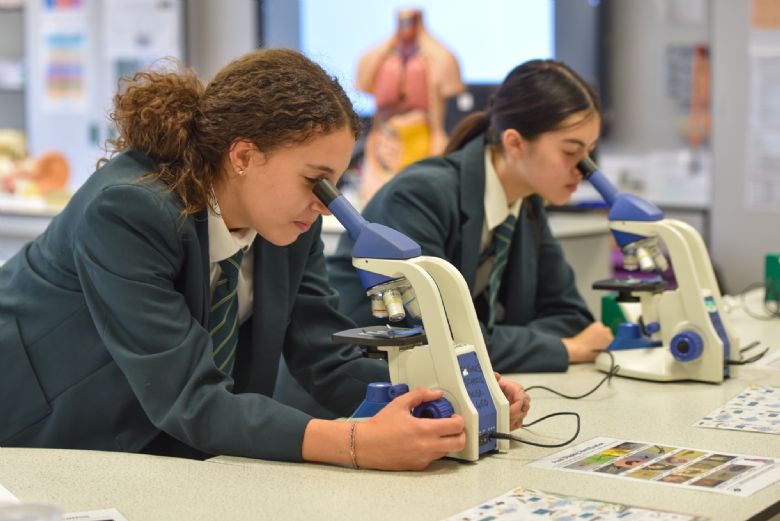
Developing Eggar’s Learners in Science
Science teaching at Eggar’s School seeks to help develop science knowledge and skills, but also to help students develop a set of learning skills and dispositions for life. The ideas of the Eggar’s Learner are built into our teaching in the Department.
Resourceful – students are encouraged to consider the resources available to them to help solve problems, answer questions and design investigations.
Curious – the foundation of all science is the need to help students develop curiosity by asking more questions and seeking more answers.
Persevere – science is a difficult and abstract subject. To embed and understand the new ideas and key principles is a challenge for all students. We encourage them to persevere and sustain their efforts when building their knowledge and skills. Answers and explanations take time to build and we encourage deep sustained learning that takes time.
Creative – there are many ways to investigate an issue, problem or question. We encourage students to ‘think outside the box’ when problems solving and investigating. We also encourage and support them to be creative with their learning; How can I best solve this? What do I need to do? How can I get myself ‘unstuck’?
Reflective – we see learning about and understanding science as a continuum, rather than a series of facts to be learnt. We encourage students to build in time to think about the progress they make, but also to consider what they are finding difficult. We help students relate what they are learning about to the larger, wider world that they live in.
How is Science assessed?
We assess on a topic basis, with a short multiple-choice assessment at the end of each unit, coupled with a longer written answer style question. This allows us to assess progress with building scientific knowledge, but also allows us to ensure we are helping students develop the skills of literacy and numeracy.
Students will sit a Pre-Public Exam (PPE) in the Summer Term of Year 10 and the Autumn Term of Year 11.
We use AQA GCSE Combined Science – Trilogy and AQA Biology, AQA Chemistry and AQA Physics as our Separate Science qualification.
Students are examined at GCSE through sitting six exam papers at the end of Year 11. There are two papers in each discipline, Biology, Chemistry and Physics. For Combined Science each paper is 1h15m in duration and for Separate Science, each paper is 1h45m duration.
Learning beyond the classroom
We have a good partnership with Winchester University, and Dr Cartwright has organised and led various visits and sessions for students. We have had sessions on forensic science this year, and we are currently organising a trip to Winchester University to have a look at their Forensic Science faculty.
A relationship also exists with Surrey University with student sessions organised with some of their Veterinary Science undergraduate students leading sessions here at Eggar’s.
Looking towards the future, we are looking to develop a partnership with Alton Climate Action Network (ACAN) to help address some of the concerns that we know our students hold regarding Climate Change and Environmental degradations. We are aware that other local secondary schools work closely with ACAN, and we are keen to ensure Eggar’s students also have the opportunity to work and collaborate with their peers on their concerns about the Environment and Climate Change.
Where can science lead?
Science GCSE’s can lead on to study at A-Level, BTEC, T-Levels, apprenticeships and beyond. They are important and an enabler to studying science at First Degree Level.
Careers in Medicine, Veterinary Science, Mechanical Engineering, Nursing, Mid-Wifery, Child Care, Sports Science, Meteorology, Architecture, Chemical Engineering and Horticulture are all available via this qualification.
Further information regarding the progression through qualifications and careers in Science can be found on the following websites:
